Zelazny, Roger - The Last Defender of Camelot (ss)
VIP免费
2024-11-29
1
0
637.46KB
300 页
5.9玖币
侵权投诉
file:///F|/rah/Roger%20Zelazny/The%20Last%20Defender%20of%20Camelot.txt
INTRODUCTION
Though it is contrary to my general practice to intro-
duce my own works, I decided to say a few words to go
before this collection and some before each story itself
because I have put this one together out of materials
drawn from the beginning, middle and recent sections of
the eighteen-year period I have been writing. I have
changed during that time, a condition I share with the
world around me, and I redden now or blanche (as the
case my be) to read over much that I once considered
adequate. For this reason, there are dozens of stories that
I prefer keeping interred beneath bright covers in yel-
lowing sheets, stories that 1 will never willingly see re-
printed. I feel some affection for the ones I have gathered
here, however, and I will say some things about them in
the proper places.
The nature of my work and my working habits shifted
radically in the late 60's, when I went in more heavily
for the writing of novels. I had started out as a short
story writer, and I still enjoy writing short stories
though I no longer do nearly as many as I used to in a
year's time. The reason is mainly economic. I went full-
time in the late 60's, and it is a fact of writing life that,
word for word, novels work harder for their creators
when it comes to providing for the necessities and joys of
existence. Which would sound cold and cynical, except
that I enjoy writing novels, too.
I have no desire to explain, attempt to justify or apol-
ogize for anything that I have written. I have always felt
that a story should be able to deal with such matters
itself. My individual forepieces are intended only to place
them within the context of my own evolving experience
—which makes this an autobiographical work for me, if
not for anyone else.
So, to even things up and answer a number of re-
quests, I'll tell you a little about myself (purely subjec-
tive, not dust jacket material)—
If I couldn't write worth a damn, I think I'd like to
2 THE LAST -DEFENDER OF CAMELOT
own a hardware store. I've long been fascinated by the
enormous varieties of tools used to maintain our society,
as well as the clips, hinges, pins, brads, screws, pulleys,
wires, chains, clamps and pipes that hold it together. Not
to mention the putty, piaster, cement and paint that keep
it looking well io places. Even more than a book store,
where I probably wouldn't get to read much anyway, I
believe that I could have been fairly happy m a good
general hardware shop,
But then, I would probably open late and stay open
late because I'm a night person- I prefer sunsets to sun-
rises. I pick up steam in the late hours. I've probably
done most of my best writing after midnight.
There is a group of writers living within about a 100-
file:///F|/rah/Roger%20Zelazny/The%20Last%20Defender%20of%20Camelot.txt (1 of 300) [8/27/03 11:38:31 PM]
file:///F|/rah/Roger%20Zelazny/The%20Last%20Defender%20of%20Camelot.txt
mile diameter circle around here who get together once a
month for lunch. On one such occasion, Stephen Donald-
son asked me what book by someone else I wished I had
written. I gave him a quick answer which seemed ap-
propriate at the moment. I thought about it later, though,
and changed my mind. Something like War and Peace or
Ulysses, while impressive or dazzling, massively tragic or
comic and invested with tons of scholarly and lay mana
would only be egotistical choices, not things that I could
have enjoyed writing as well as enjoyed having written—
if I were able. I got it down to two books—one tragic,
one comic—and I couldn't decide between them: Mal-
raux's Man's Fate and Norman Douglas' South Wind. I
have nothing deeply philosophical to say about either of
them here, just a wistful bit of self-revelation and an
attempt to answer Steve's question honestly in a place
where I am talking about myself, anyway.
The most encouraging thing I have seen in recent years
was nothing at all. That is to say, nothing where I had
expected to see something. Back m 1975, I visited Trinity
Site, which is open to the public one day a year. It had
been some thirty years since the first atomic bomb was
detonated over that hot, dusty, windy plain. A long line
of cars was met by a military escort at a shopping center
north of Alamogordo and taken some seventy miles out
into the White Sands Missile Range. We finally parked,
disembarked and walked to Ground Zero. There was
realty nothing to see. I had read how that first blast had
left a crater of fused aluminum silicates twenty-five feet
deep and a quarter-mile across. It was gone. The desert
THE LAST DEFENDER OF CAMELOT 3
winds had filled it in, the desert plants (unmutated) had
taken root above it. The radiation level was only slightly
above normal background. The place looked pretty much
like parts of my backyard. After a moment's disappoint-
ment at the absence of a spectacle following the long
drive, I suddenly felt elated as I realized how completely
the earth had recovered in the span of a single genera-
tion, Life's resilience.
Some years ago, a scientist who was planning on
beaming some television pictures outward, in an attempt
to communicate something concerning us and our ways to
whatever might be watching the late show, asked me
to suggest some of the content for the program. Along
with a lot of predictable technical and social stuff, I re-
call suggesting a symphony orchestra with closeups of the
individual instruments being played, sailboats and—I be-
lieve—a flight of hot air balloons—as these seemed three
sorts of objects where form has been so perfectly and
uniquely married to function that our tools have become
works of art—which I suppose puts even my esthetic
thinking into a kind of Platonic hardware store.
I enjoy being a writer and I even like the paperwork.
That's enough about the author. Here are the stories.
PASSION PLAY
file:///F|/rah/Roger%20Zelazny/The%20Last%20Defender%20of%20Camelot.txt (2 of 300) [8/27/03 11:38:32 PM]
file:///F|/rah/Roger%20Zelazny/The%20Last%20Defender%20of%20Camelot.txt
This was my first published story, as it states below. A
while back, Jonathan Ostrowsky-Lantz, the editor of
Unearth: The Magazine of Science Fiction Discoveries—
a noble publication dedicated to the encouragement of
new science fiction writers—began a policy of reprinting
first stories by professionals in the area, along with
introductory essays by the authors telling how the stories
came to be written and including some advice to begin-
ning writers.
For whatever such a preface may be worth in this
place, 1*11 cause it to occur between here and the story
itself—
INTRODUCTION
I had wanted to write for many years, but did not
have an opportunity until I had completed my master's
thesis and taken a job with the government. I was
assigned to an office in Dayton, Ohio for training, and I
reported there on February 26, 1962. As I had decided
to try writing science fiction, I spent a week reading all
the current science fiction magazines and some random
paperbacks. I then sat down and began writing, every
evening, turning out several stories a week and sending
them off to the magazines. I drew a number of rejection
slips, and then in March I received a note from Cele
Goldsmith at Ziff-Davis, saying that she was buying this
story, "Passion Play." It appeared in the August, 1962
issue of Amazing Stories.
Whether it actually was or was not, it seemed to me
an almost classic case of applied insight, because I had
done something right before I wrote it which I had not
done before. I had gathered together all of my rejected
stories and spent an evening reading through them to see
whether I could determine what I was doing wrong. One
thing struck me about all of them: I was overexplaining.
I was describing settings, events and character motiva-
THE LAST DEFENDER OF CAMELOT 5
tions in too much detail. I decided, in viewing these
stories now that they had grown cold, that I would find it
insulting to have anyone explain anything to me at that
length. I resolved thereafter to treat the reader as I would
be treated myself, to avoid the unnecessarily explicit, to
use more indirection with respect to character and moti-
vation, to draw myself up short whenever I felt the
tendency to go on talking once a thing had been shown.
Fine. That was my resolution. I still had to find a story
idea to do it with, as I was between stories just then.
Now, I do not know how other people do it, but there is
a certain receptive state of mind that I switch on when
I am looking for a short story notion. This faculty is
dulled when I am working on a novel, as I Usually am
these days, so that if I want it now it generally takes me
a full day to set up the proper mental climate. It comes
faster if I am between books. Whatever, in those days I
kept it turned on almost all the time.
file:///F|/rah/Roger%20Zelazny/The%20Last%20Defender%20of%20Camelot.txt (3 of 300) [8/27/03 11:38:32 PM]
file:///F|/rah/Roger%20Zelazny/The%20Last%20Defender%20of%20Camelot.txt
The government wanted everyone in my class to have
a physical examination. They gave me the forms and I
drove up to Euclid over a weekend to see the closest
thing we had to a family doctor, to have him complete
them. When I sat down in his waiting room, I picked
up a copy of Life and began looking through it. Partway
along, I came upon a photospread dealing with the death
of the racing driver Wolfgang von Tripps. Something
clicked as soon as I saw it, and just then the doctor called
me in for the checkup. While I was breathing for him
and coughing and faking knee jerks and so forth, I saw
the entire incident that was to be this short short. I could
have written it right then. My typewriter was in Dayton,
though, and I'd the long drive ahead of me. The story
just boiled somewhere at the back of my mind on the
way down, and when I reached my apartment I headed
straight for the typewriter and wrote it through. I even
walked three blocks to a mailbox in the middle of the
night, to get it sent right away.
Cele's letter of acceptance was dated March 28, almost
a month after I'd begun writing. Strangely, the day that
it arrived I had gotten the idea for what was to be my
next sale ("Horseman!", Fantastic Stories, August, 1962).
I returned the contracts on "Passion Play" and followed
them with "Horseman!" 1 sold fifteen other stories that
year. I was on my way.
6 THE LAST DEFENDER OF CAMELOT
I cannot really say whether I owe it to that resolution
I made on reviewing my rejects, but it felt as if I did and
I have always tried to keep the promise I made that day
about not insulting the reader's intelligence.
Another factor did come into operation after I sold
this story. It is a subtle phenomenon which can only be
experienced. I suddenly felt like a writer. "Confidence"
is a cheap word for it, but I can't think of a better one.
That seems the next phase in toughening one's writing—
a kind of cockiness, an "I've done it before" attitude. This
feeling seems to feed something back into the act of compo-
sition itself, providing more than simple assurance. Actual
changes in approach, structure, style, tone, began to occur
for me almost of their own accord. Noting this, I began
to do it intentionally. I made a list of all the things I
wanted to know how to handle and began writing them
into my stories. This is because I felt that when you
reach a certain point as a writer, there are two ways you
can go. Having achieved an acceptable level of compe-
tence you can keep producing at that level for the rest
of your life, quite possibly doing some very good work.
Or you can keep trying to identify your weaknesses, and
then do something about them. Either way, you should
grow as a writer—but Ihe second way is a bit more
difficult, because it is always easier to write around a
weakness than to work with it, work from it, work through
it. It takes longer, if nothing else. And you may fall on
your face. But you might learn something you would not
have known otherwise and be better as a result.
file:///F|/rah/Roger%20Zelazny/The%20Last%20Defender%20of%20Camelot.txt (4 of 300) [8/27/03 11:38:32 PM]
file:///F|/rah/Roger%20Zelazny/The%20Last%20Defender%20of%20Camelot.txt
These are the things I learned, or fancy I learned, from
"Passion Play" and its aftereffects. I do have one other
thing to say, though, which came to me slowly, much
later, though its roots are tangled somewhere here:
Occasionally, there arises a writing situation where you
see an alternative to what you are doing, a mad, wild
gamble of a way for handling something, which may
leave you looking stupid, ridiculous or brilliant—you just
don't know which. You can play it safe there, too, and
proceed along .the route you'd mapped out for yourself.
Or you can trust your personal demon who delivered that
crazy idea in the first place.
Trust your demon.
THE LAST DEFENDER OF CAMELOT 7
At the end of the season of sorrows comes the time of
rejoicing. Spring, like a well-oiled clock, noiselessly indi-
cates this time. The average days of dimness and moisture
decrease steadily in number, and those of brilliance and
cool air begin to enter the calendar again. And it is good
that the wet times are behind us, for they rust and corrode
our machinery; they require the most intense standards of
hygiene.
With all the bright baggage of spring, the days of the
Festival arrive. After the season of Lamentations come
the sacred stations of the Passion, then the bright Festival
of Resurrection, with its tinkle and clatter, its exhaust
fumes, sorched rubber, clouds of dust, and its great prom-
ise of happiness.
We come here each year, to the place, to replicate a
classic. We see with our own lenses the functioning prom-
ise of our creation. The time is today, and I have been
chosen.
Here on the sacred grounds of Le Mans I will perform
every action of the classic which has been selected. Be-
fore the finale I will have duplicated every movement
and every position which we know occurred. How fortu-
nate! How high the honor!
Last year many were chosen, .but it was not the same.
Their level of participation was lower. Still, I had wanted
so badly to be chosen! I had wished so strongly that I,
too, might stand beside the track and await the flaming
Mercedes.
But I was saved for this greater thing, and all lenses
are upon me as we await the start. This year there is
only one Car to watch—number 4, the Ferrari-analog.
The sign has been given, and the rubber screams; the
smoke balloons like a giant cluster of white grapes, and
we are moving. Another car gives way, so that I can drop
into the proper position. There are many cars, but only
one Car.
We scream about the turn, in this great Italian classic
file:///F|/rah/Roger%20Zelazny/The%20Last%20Defender%20of%20Camelot.txt (5 of 300) [8/27/03 11:38:32 PM]
摘要:
展开>>
收起<<
file:///F|/rah/Roger%20Zelazny/The%20Last%20Defender%20of%20Camelot.txtINTRODUCTIONThoughitiscontrarytomygeneralpracticetointro-ducemyownworks,IdecidedtosayafewwordstogobeforethiscollectionandsomebeforeeachstoryitselfbecauseIhaveputthisonetogetheroutofmaterialsdrawnfromthebeginning,middleandrecentse...
声明:本站为文档C2C交易模式,即用户上传的文档直接被用户下载,本站只是中间服务平台,本站所有文档下载所得的收益归上传人(含作者)所有。玖贝云文库仅提供信息存储空间,仅对用户上传内容的表现方式做保护处理,对上载内容本身不做任何修改或编辑。若文档所含内容侵犯了您的版权或隐私,请立即通知玖贝云文库,我们立即给予删除!
分类:外语学习
价格:5.9玖币
属性:300 页
大小:637.46KB
格式:PDF
时间:2024-11-29



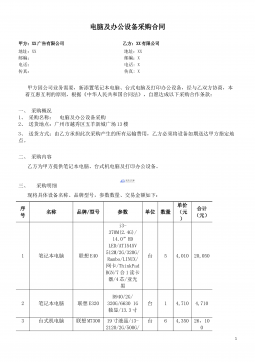
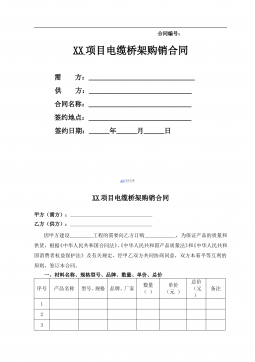
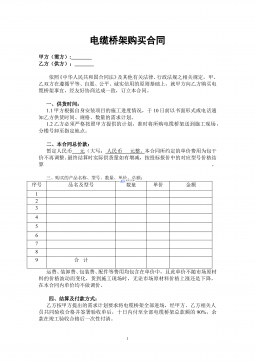
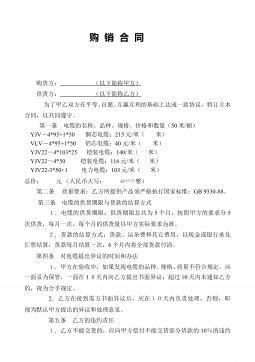

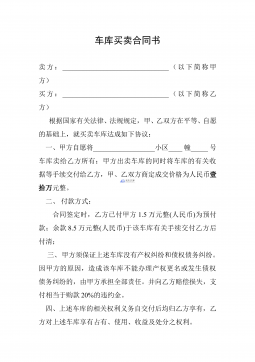
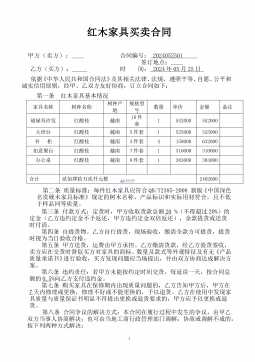


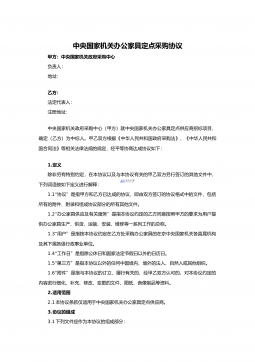

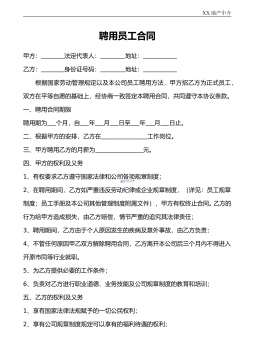
 渝公网安备50010702506394
渝公网安备50010702506394
